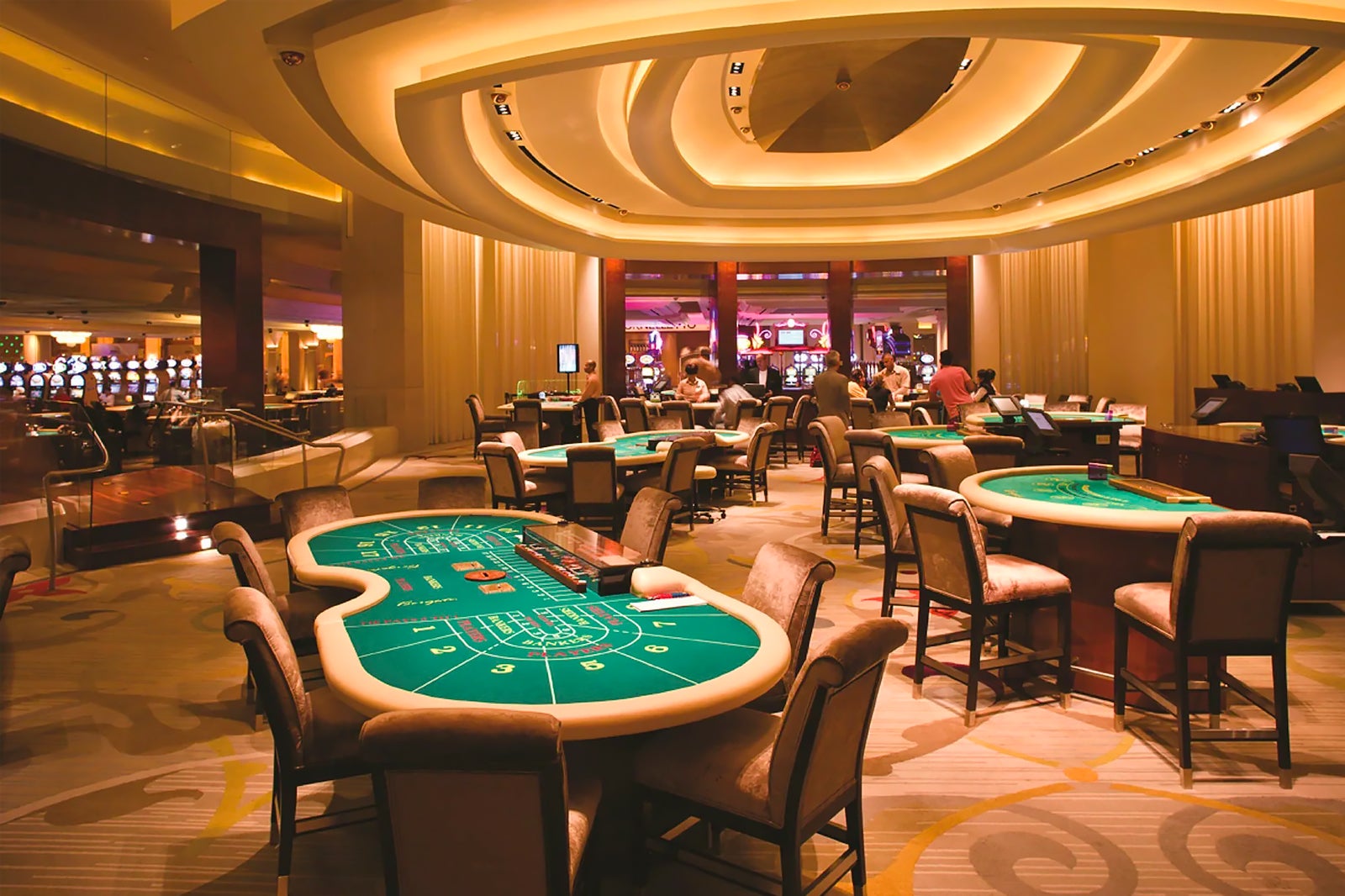
Casino games have long captured the imagination of people around the globe, becoming an important part of both leisure and tradition. From the glimmering lights of Las Vegas to the immersive experience of internet gambling, these experiences evoke enthusiasm, danger, and sometimes even a sense of nostalgia. They are more than simply pastimes; they have woven themselves into the texture of society, influencing everything from cinema and melodies to fashion and writing.
The charm of casino games surpasses the betting aspect, tapping into wider themes of serendipity, possibility, and psychology. As players gather around a poker table or spin the roulette wheel, they engage in an timeless ritual that echoes with our collective desire for adventure and unpredictability. This fascination has led to the rise of numerous references in movies, tracks, and electronic games, showcasing how strongly entrenched these activities are in mainstream culture. Whether it is the intense drama of a legendary robbery film or the lively nightlife portrayed in music videos, casino games have created a substantial role that reflects our relationship with risk.
Historical Importance of Gambling Activities
Casino games have played a crucial role in cultural aspects throughout the ages. Originating from old civilizations, games of chance were often connected to rituals or events. For instance, early forms of these activities can be traced back to historic Chinese and the Romans, where dice games and betting on outcomes were common pastimes. These games not only served as leisure but also as methods of social interaction, facilitating connections among individuals within communities.
As societies evolved, so did the sophistication and structure of gambling games. The creation of formal casinos in the 17th century, particularly in the Italian region, marked a significant shift in how games were perceived and organized. With specific spaces for gaming, the casino became a community center where people from different backgrounds gathered. This change contributed to the validation of gambling, transforming it from a mere pastime into an organized industry that shaped the economy and policy.
The impact of gambling games on popular culture cannot be understated. As they were popularized in books and movies, games such as Texas Hold’em and blackjack became icons of chance, chance, and tactics. Iconic characters and stories have emerged around these games, illustrating societal views towards luck, prosperity, and immorality. This interest with gambling games has infiltrated various forms of entertainment, cementing their place in the public imagination and linking them to broader cultural stories throughout history.
Depiction of Gambling Activities in Entertainment
Casino activities have long been a popular theme in various forms of media, reflecting both the excitement and nuances of the world of gambling. Movies such as Ocean’s Eleven and Casino Royale portray characters who navigate dangerous scenarios, showcasing not only the attractiveness of the gambling environment but also the methods and judgments that come with playing popular games like Texas Hold’em and 21. These movies often dramatize the thrill of winning and the potential results of losing, encapsulating the risks involved in gambling.
Television shows have also explored the realm of gambling activities, often integrating them into the narrative as a backdrop for story progression and conflict. Series like Vegas depict the experiences of casino workers and customers, highlighting the lively, often disorderly energy of the casino floor. Reality shows featuring high-stakes betting contests further emphasize the fascination of casino games, drawing viewers into the excitement and tactics involved in each round. Through these portrayals, media not only engages but also stimulates conversations about fortune, expertise, and the essence of randomness.
Video games have increasingly included casino games into their development, allowing players to experience the experience of betting without financial exposure. Games within the realm of digital gaming often include online slot machines, poker, and other casino favorites, creating an immersive gameplay that mirrors real-life gameplay. These digital representations make casino games accessible to a global audience, appealing to both gamblers and those who enjoy the rush of virtual experiences. As a result, the portrayal of gambling activities in media continues to shape public perception and importance, highlighting their role in society and the cultural landscape.
Effect of Casino Games on Communities
Gambling activities have a meaningful effect on communities, affecting various facets of culture and interpersonal behavior. They often serve as a venue for social interaction, where people gather to enjoy a shared activity. jeux casino en ligne Game nights with friends or visits to casinos become group events that build connections and create memories. This communal aspect enhances the entertainment value of gambling activities, making them a favored choice for celebrations and recreational pursuits.
Additionally, casino games have been depicted in numerous films, television shows, and literature, influencing views and attitudes towards gambling and betting. Icons like James Bond playing baccarat or the intense poker scenes in films have cemented these games in the shared imagination. This representation often idealizes the culture associated with gambling, drawing in new players and influencing trends in both style and conduct. These portrayals can spark curiosity and lead to a more profound exploration of the intricacies of gaming.
Nonetheless, there are also adverse consequences linked to the popularity of casino games. The allure of quick monetary gain can lead to gambling addiction and economic troubles for some people. Society must contend with these consequences, promoting responsible gambling and awareness of the risks involved. Balancing the fun aspect of gambling activities with the risks is crucial to ensure that they remain a positive aspect of our cultural landscape.
